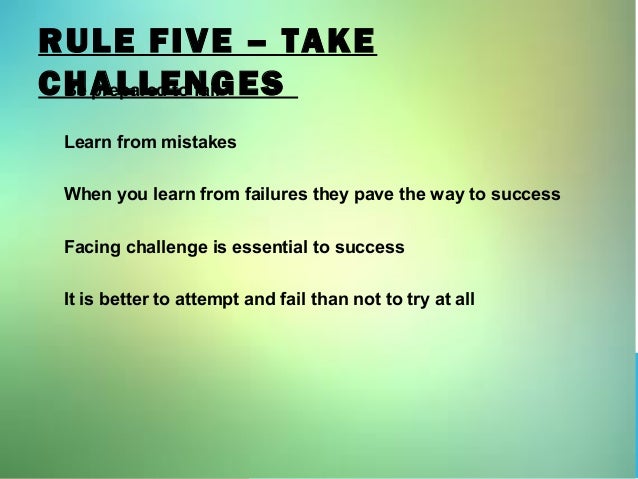

A tool that made South Africa vulnerable to becoming this corrupt and criminal state. Instead, the system of broad representation, in which the public service must represent the make-up of the population in all occupational classes was introduced. With the transition to democracy, South Africa was supposed to achieve these same developments, however, due to the one-party dominance, the ANC was able to dismantle the merit-based system of civil service appointments. The vital factor turning inefficient corrupt public service into a capable impartial state was the examination of civil servants solely on the criteria of merit. 3) The Capable State: Zille continued by linking to the development of an independent capable state in Britain during the 19th Century. Zille finds that there is a disjuncture between the traditional accountability systems and constitutional democracy, leading to a misalignment of them, which excludes large parts of the population from the benefits of constitutional checks and balances. 2) A culture of accountability: The prevalence of patronage in South Africa has led to a situation in which people are primarily accountable to a leader rather than the other way around. With evident cases of corruption, loss of respect for the rule of law is equally present at the highest level of the country’s leadership. This is not only displayed in the high crime rates, but also in the violent politics of protest, which is amplified by the erosion of efficacy of the criminal justice system. 1) Respect for the rule of law: Zille explained that the law is widely violated across South Africa. Zille went on to cite the political scientist Francis Fukuyama, who identified three requirements for a stable constitutional democracy. Because the younger generation loses respect for the achievement of constitutionalism, and because there are more failed transitions to democracy than successes, South Africa should constantly reaffirm its constitutional values. In fact, there are plenty of examples in the world in which elections are held, but where the effectiveness of the institutions and the checking and balancing of power is not ensured, and so ultimately, democracy has failed. She argued that the country must not express complacency with the celebration of the 6th elections without allegations of serious irregularities, as elections may not be sufficient evidence of a functional democracy.

Helen Zille, the former Premier of the Western Cape, gave a critical view on the state of the South African constitutional democracy. South Africa’s Constitutional Transformation: A South Africa Perspective He thanked the FW de Klerk Foundation for making meaningful contributions in fostering the constitutional order and providing political education and expressed his delight in KAS being able to support these efforts.
DAVE STEWARD RULES OF.SUCCESS FREE
Friedrich concluded that even though South Africa successfully held its sixth free and fair elections, challenges remain. Because of their history, both countries learned that democracy is the only way forward and must guide state decisions. Friedrich stressed that both South Africa and Germany managed to transition from diplomatic international isolation to becoming a well respected regional and international voice, being non-permanent seat holders in the UN Security Council. South African federalism and the parliamentarian system are elements derived from those exchanges. Constitutionalists like Johann Kriegler and Albie Sachs were able to gain from the German experience by visiting the country and exchanging ideas with experts.

When drafting the constitution to end Apartheid, South Africa faced a similar challenge of transforming an undemocratic and unjust society. By sticking to those ideals, Germany was able to become politically stable as well as to develop economically and socially. It was meant to serve the people and hence place human dignity at the centre of any political action. The German constitution was created to remove the underlying causes that made large scale violations of human rights possible. He drew a link to German history, illustrating the German path to a constitutional democracy via the experience of the horrific events of the Second World War. Stefan Friedrich, KAS Head of Department Sub-Saharan-Africa, used his outside perspective to reflect on South Africa’s path to transformation and the state of democracy. Dave Steward, the Chairman of the FW de Klerk Foundation, welcomed the guests to the event. Reflections on the Importance of a New Constitutional Order in Times of Transitions Prominent speakers offered both national and international perspectives on South Africa’s constitutional transformation.


 0 kommentar(er)
0 kommentar(er)
